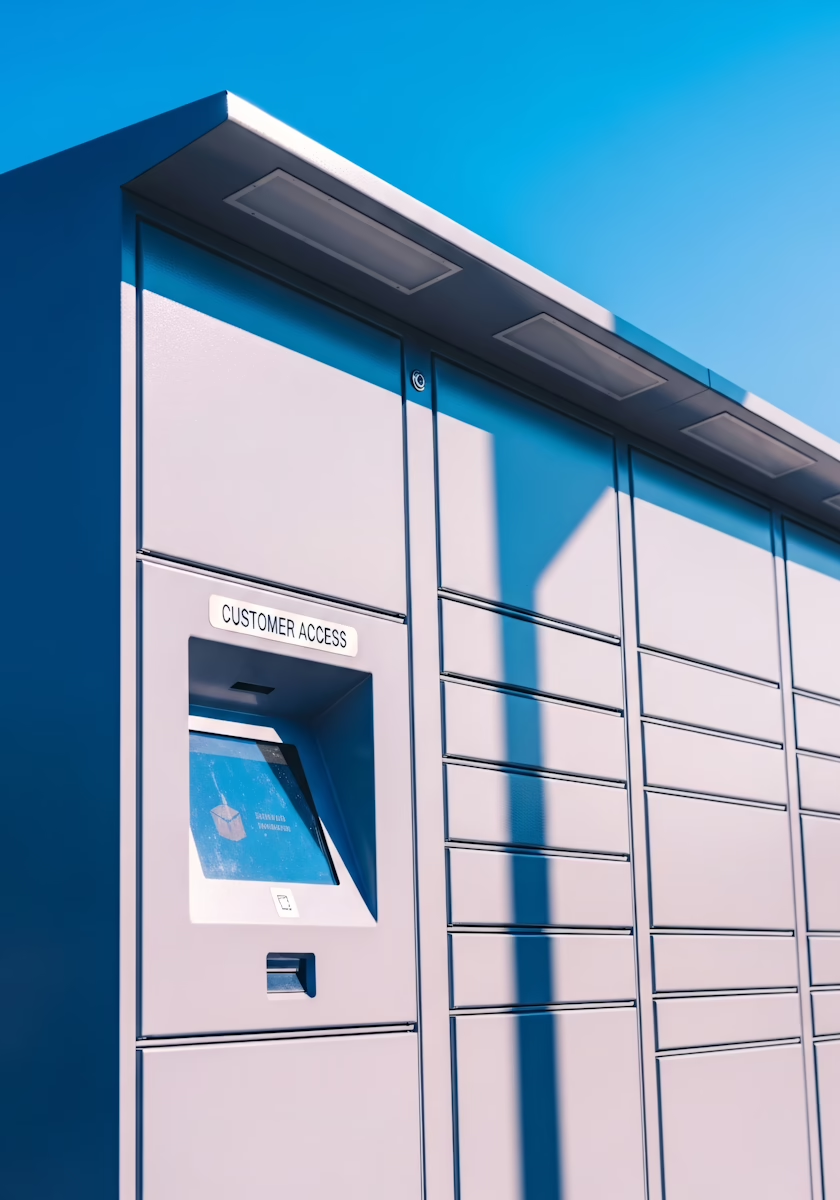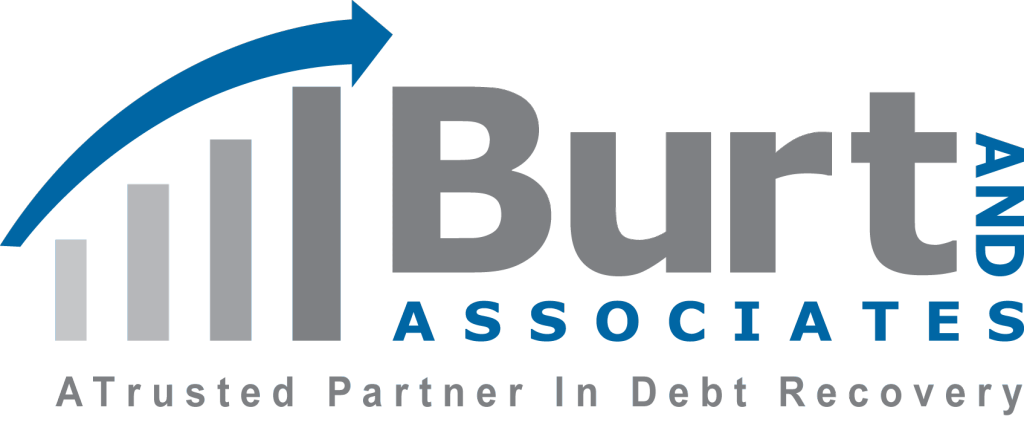Late-Stage Credit Delinquencies on the Rise: What It Means for Businesses and Consumers
Late-stage credit delinquencies, accounts 90 days or more past due, are on the rise across the U.S. This trend signals not only increased financial strain for consumers but also heightened risk for creditors and businesses. Understanding why delinquencies are climbing and how they affect recovery efforts can help both sides prepare and respond more effectively.
Table of Contents
- What Are Late-Stage Credit Delinquencies?
- Why Are They Rising?
- Impact on Consumers
- Impact on Businesses and Creditors
- The Role of Collections in Late-Stage Delinquencies
- Strategies to Address the Trend
- Conclusion
What Are Late-Stage Credit Delinquencies?
Late-stage credit delinquencies refer to accounts that are 90 days or more past due. At this stage, repayment is far less likely without formal collection efforts or legal action. These accounts often move from routine billing departments to specialized recovery teams or outside collection agencies.
Why Are They Rising?
Several factors contribute to the increase in late-stage delinquencies:
- Economic Pressures: Inflation, rising interest rates, and higher costs of living are stretching household budgets.
- Job Market Shifts: While unemployment remains relatively low, layoffs in certain industries create instability.
- Overextended Credit: Many consumers rely heavily on credit cards or short-term financing options, leading to higher balances and missed payments.
- Lagging Early Intervention: When businesses fail to act on early delinquencies, accounts slip into late-stage status where recovery is harder.
Impact on Consumers
For consumers, late-stage delinquency often means damage to credit scores, loss of access to affordable credit, and growing balances due to fees and interest. As accounts age, options like repayment plans or settlements may still exist, but choices narrow as creditors escalate recovery efforts.
Impact on Businesses and Creditors
Businesses face higher risks and lower recovery rates when accounts reach late-stage delinquency. Internal costs rise as more staff time is spent chasing payments, resulting in a decline in cash flow. Companies that delay action often find themselves with fewer tools available and may be forced to rely on external collection agencies or legal proceedings.
The Role of Collections in Late-Stage Delinquencies
At this point, professional collection agencies play a critical role. With specialized tools, skip tracing, and negotiation strategies, agencies can recover funds that businesses might otherwise write off. For consumers, working with an agency may feel intimidating, but it also opens the door to structured repayment options.
Strategies to Address the Trend
- For Businesses: Strengthen early intervention processes. Proactively reach out at 30 and 60 days past due before accounts escalate.
- For Consumers: Communicate openly with creditors. Even partial payments or hardship requests may prevent escalation.
- For Both Sides: Use technology such as secure payment portals and automated reminders to keep communication active and transparent.
Conclusion
The rise in late-stage credit delinquencies highlights the importance of early action and clear communication. For businesses, engaging recovery partners like Burt and Associates can mean the difference between write-offs and recovered revenue. For consumers, reaching out before accounts reach 90+ days can preserve credit health and prevent legal escalation.
This article provides general information, not legal advice. Always consult a qualified professional for guidance on your specific debt situation.
Need Help With Overdue Accounts?
At Burt and Associates, we specialize in recovering late-stage commercial (B2B) debts. Our contingency-based approach means no collection, no fee.
- Commercial (B2B) collections only
- National coverage
- Trusted by businesses since 1979
We focus exclusively on business-to-business debt recovery. This is not legal advice.
Commercial Collection Topics
- The Impact of Credit Cards on the American Economy The debt collection industry is essential to the credit market. By making sure borrowers make good on their delinquent debt....
- Younger Shoppers Could Keep Holiday Spending Afloat: What It Means for Businesses While economic uncertainty and inflation continue to challenge U.S. businesses, there's one bright spot on the horizon: younger shoppers. Analysts...
- Business Bankruptcy Protection Discusses Creditor Reclamation Demand when debtor files for bankruptcy or is determined to be officially insolvent....
- Debtor in Possession: What it Is and How it’s Used A Debtor in Possession must keep meticulous financial records. If the court or creditors find that court orders aren’t being...















